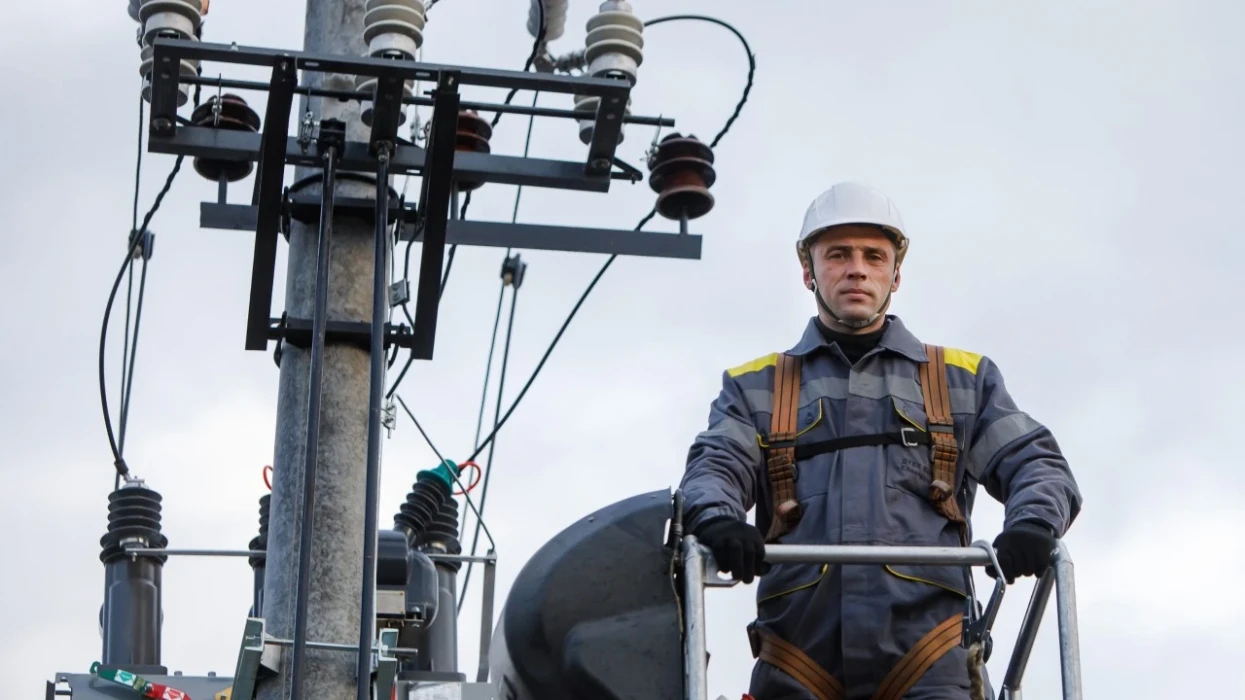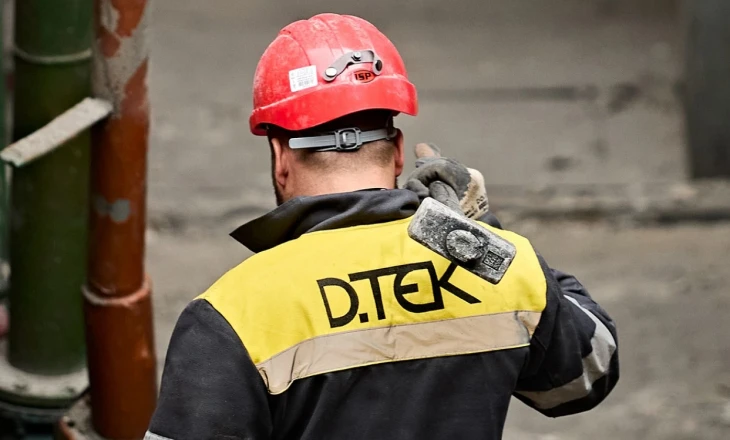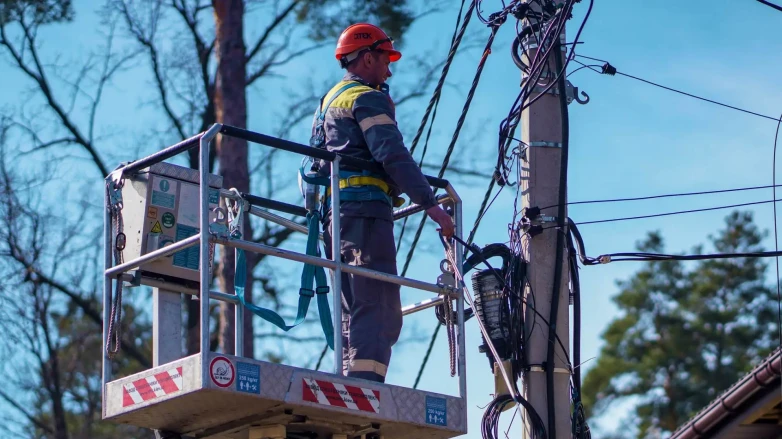In an op-ed published in The Times, DTEK CEO Maxim Timchenko has outlined the urgent need for a strategic approach to protect and rebuild Ukraine's energy infrastructure, likening it to a modern-day Marshall Plan for the country's power sector.
Timchenko highlights the devastating impact of russian attacks on Ukraine's energy capacity, with the nation losing half of its generating capacity in nine waves of missile and drone attacks since March. DTEK, which typically supplies a quarter of Ukraine's electricity, has suffered losses of up to 90 percent.
The article outlines several innovative solutions being implemented across the country. These include the delivery of generators from overseas, ranging from single diesel units to mobile turbines capable of powering entire towns. Additionally, there's a notable surge in consumer-level energy production, with sales of solar panels skyrocketing.
At DTEK, efforts are underway to rebuild power stations and source used turbines and transformers from Eastern Europe. Timchenko projects that at the current rate of progress, half of the turbines lost this year could be operational again by winter.
However, Maxim Timchenko stresses that these efforts must be complemented by sufficient air defence systems from Ukraine's allies. He argues that while air defences are crucial for immediate protection, a more strategic approach is necessary for long-term energy security.
The CEO advocates for a decentralisation of Ukraine's energy production, shifting away from vulnerable large-scale power plants towards smaller, more resilient renewable assets. He cites examples of how renewable energy sources have proven more adaptable to attacks, with a DTEK solar power plant restored to full capacity within a week after being hit.
Timchenko emphasises that Ukraine's national energy strategy is unique globally, prioritizing renewables not just for their environmental benefits but also for their national security advantages. This approach, he argues, is critical for Ukraine's energy independence and resilience against future threats.
Read the full op-ed in The Times (paywall).








